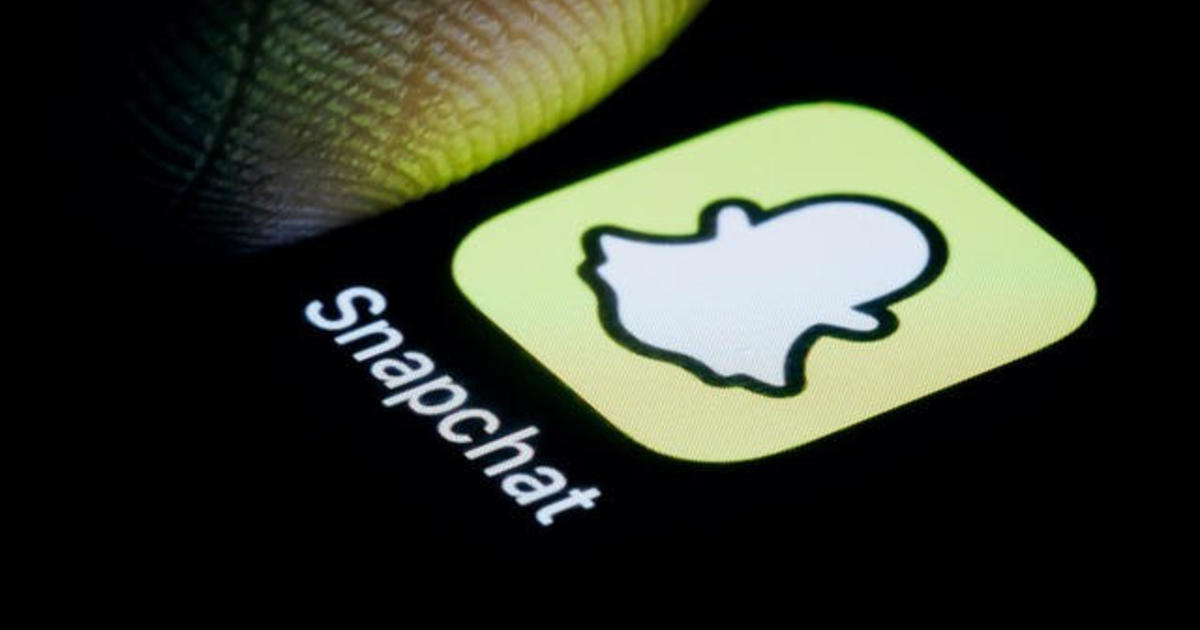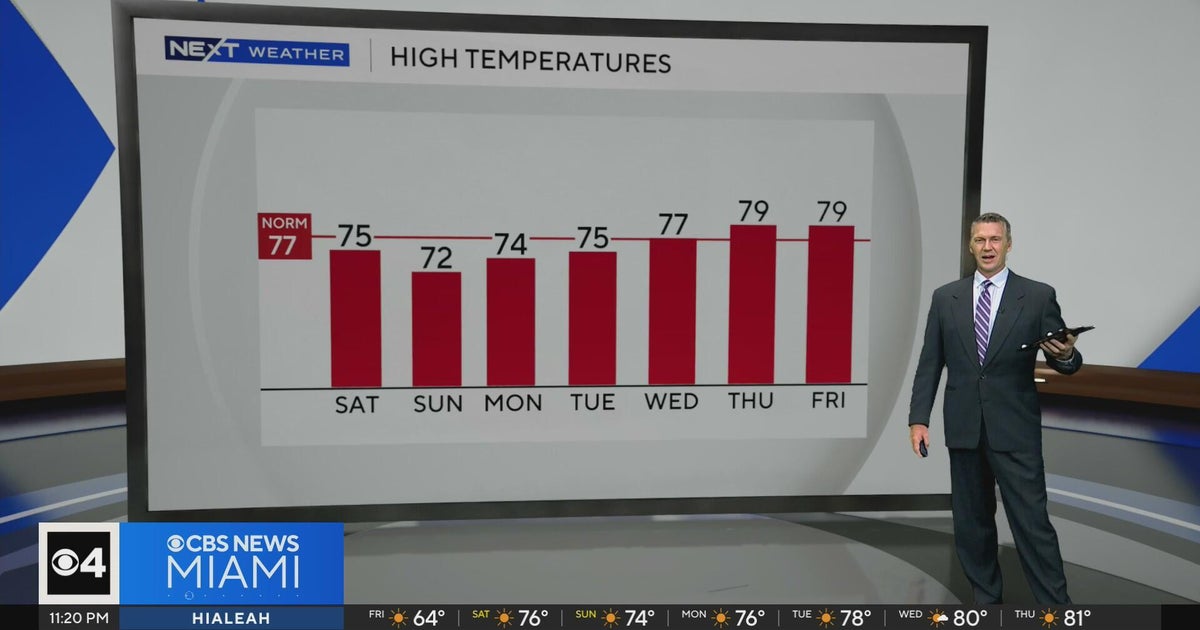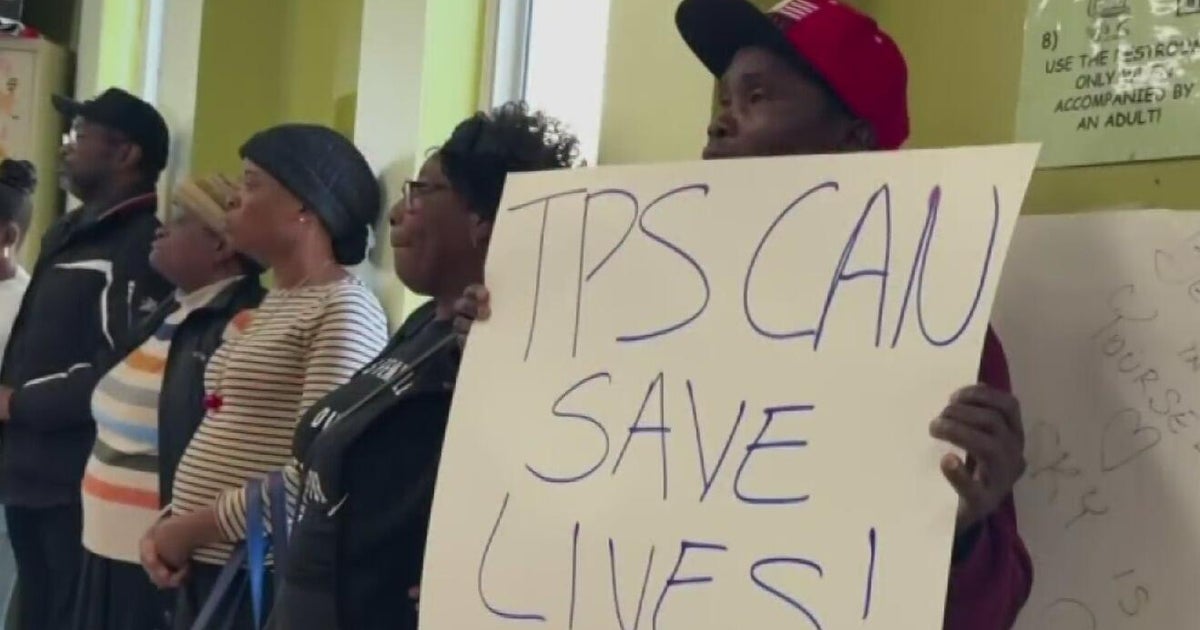Attorneys for the state Wednesday told a federal appeals court that a judge erred when he rejected a preliminary injunction to force the operator of Snapchat to comply with a 2024 Florida law aimed at keeping children off certain social media platforms.
The state filed a 62-page brief at the 11th U.S. Circuit Court of Appeals that, in part, disputed the law violates the First Amendment.
Jurisdiction dispute and state court preference
Also, the brief contended that the underlying case should be resolved in state court, rather than in federal court.
Florida Attorney General James Uthmeier filed the lawsuit in April in state court in Santa Rosa County alleging that Snap Inc., the operator of Snapchat, had violated the law.
The lawsuit was later moved to federal court. The law (HB 3) seeks to prevent children under age 16 from opening accounts on certain platforms such as Snapchat—though it would allow parents to give consent for 14- and 15-year-olds to have accounts.
Defending the law’s constitutionality
Children under 14 could not open accounts. Supporters of the restrictions say addictive features of social media harm minors’ mental health. But U.S. District Judge Mark Walker last month turned down the state’s request for a preliminary injunction because he had ruled in a separate case that the law was likely unconstitutional.
Also, Walker refused to send the case back to state court. The state then went to the Atlanta-based appeals court.
In the brief filed Wednesday, attorneys for the state argued that the law does not regulate “expressive conduct” in violation of the First Amendment.
“HB 3 does not implicate the First Amendment because it regulates nonexpressive conduct for reasons unrelated to any message conveyed on Snapchat or by Snap,” the brief said.
“Nor does it impose a disproportionate burden on those engaged in expression because it limits its reach to those most vulnerable to Snapchat’s addictive features.”



